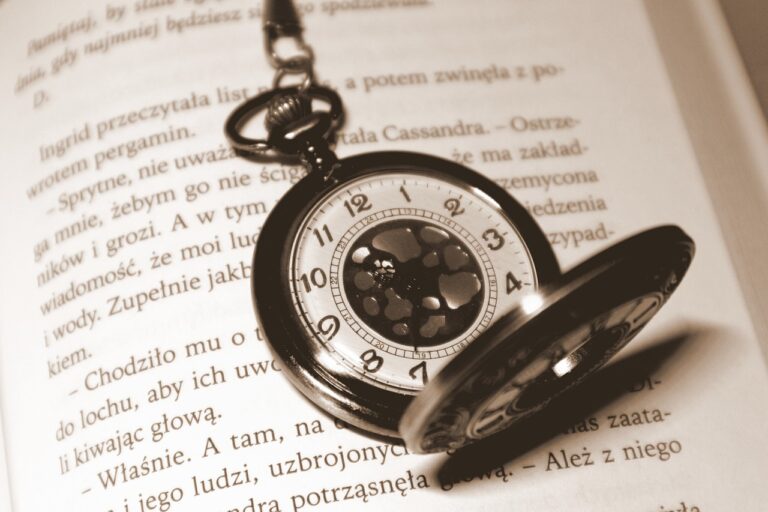Exploring the Role of Music and Movement in Early Childhood Cognitive Development: Lotusbook 365, Play99exch, All panel mahadev
lotusbook 365, play99exch, all panel mahadev: Exploring the Role of Music and Movement in Early Childhood Cognitive Development
When it comes to early childhood development, parents and educators are always looking for ways to support cognitive growth and learning in young children. One often-overlooked aspect of cognitive development is the role that music and movement play in shaping young minds. In this article, we will explore how music and movement can positively impact early childhood cognitive development.
The Power of Music
Music has a profound effect on the brain, especially in young children. Research has shown that exposure to music at a young age can improve cognitive skills such as memory, attention, and language development. Listening to music can also help children regulate their emotions and reduce stress levels. Additionally, playing music or participating in music activities can enhance spatial reasoning skills and boost creativity.
Incorporating music into a child’s daily routine can have lasting benefits on their cognitive development. Singing songs, playing musical instruments, and dancing to music are all fun and engaging ways to support cognitive growth in young children.
The Benefits of Movement
Just like music, movement is essential for early childhood cognitive development. Physical activity helps children develop gross motor skills, improve coordination, and strengthen muscles. But the benefits of movement go beyond physical development. Research has shown that movement activities can also enhance cognitive skills such as problem-solving, decision-making, and self-regulation.
Encouraging children to engage in activities like running, jumping, and climbing can help them develop cognitive skills that will serve them well throughout their lives. Movement activities also provide opportunities for children to explore their surroundings, interact with others, and build social skills.
Combining Music and Movement
When music and movement are combined, the benefits for early childhood cognitive development are even greater. Music and movement activities offer a holistic approach to learning, engaging both the mind and body simultaneously. For example, dancing to music can improve coordination and balance while also developing rhythm and musicality.
Incorporating music and movement into a child’s daily routine can enrich their learning experience and support overall cognitive development. Whether it’s singing songs, playing musical instruments, or engaging in physical activities, there are countless ways to promote cognitive growth through music and movement.
FAQs
Q: At what age should I start incorporating music and movement activities into my child’s routine?
A: It’s never too early to start! Even infants can benefit from exposure to music and gentle movement activities.
Q: How can I incorporate music and movement into my child’s daily routine?
A: You can start by singing songs, playing musical instruments, or dancing together. You can also try engaging in physical activities like yoga or obstacle courses.
Q: Are there any specific types of music or movement activities that are best for cognitive development?
A: It’s important to expose children to a variety of music genres and movement activities to support their overall development. Encourage your child to explore different types of music and movements to find what they enjoy most.
In conclusion, music and movement play a crucial role in early childhood cognitive development. By incorporating music and movement activities into a child’s daily routine, parents and educators can support cognitive growth, enhance learning experiences, and promote overall well-being in young children. So put on some music, get moving, and watch as your child’s cognitive skills soar!







